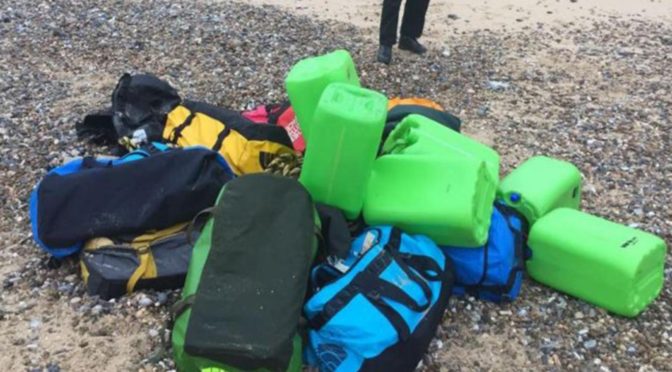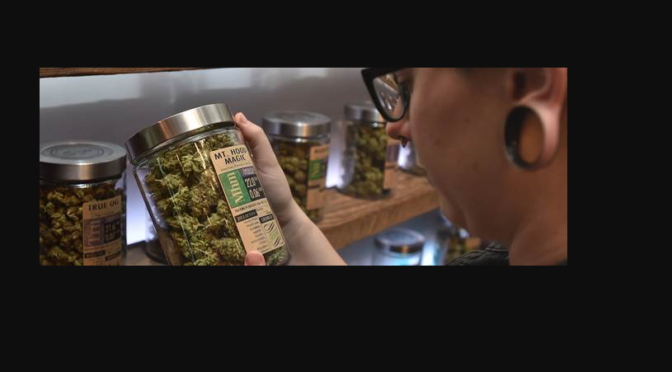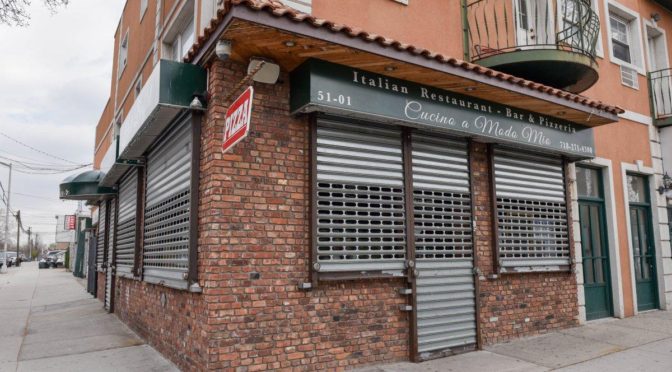Cards Against Humanity group among interested
NEW YORK (CNNMoney) – Get ready for a “Fake News” TV show, a “Fake News” board game and lots of “Fake News” T-shirts.
Three U.S. companies are trying to trademark the term “fake news.” One of the applications is from the animation team behind “The Simpsons.” Another is from the group behind the popular game Cards Against Humanity.
These companies applied for a trademark to U.S. Patent and Trademark Office on January 12, the day after the press conference when then President-elect Donald Trump called CNN “fake news” (a claim CNN debunked).
“We’re living in such a bizarre world,” Waterman, one of the filers, told CNNMoney. He owns Film Roman, the team of animators that sketched “The Simpsons” for over 25 years through early 2016. Now his team is at work on an adult cartoon comedy he plans to call “Fake News.”
“We want to get the truth out there in a way the public will accept it,” says Waterman, who sees the project as similar to those from comedians Samantha Bee and John Oliver, who poke fun at Trump, the media and other politicians.
Shari Spiro also thinks America could use some laughs right now. She is CEO of AdMagic and Breaking Games, the company that manufactures the hit board game Cards Against Humanity.
“I’ve just never seen anything like this [political climate] in my entire life,” Spiro told CNNMoney. “Friends on social media are losing it.”
Spiro called up the creators of Cards Against Humanity and pitched the idea of a “Fake News” game. The makers of the adult party game, where players fill in the blanks for risque and off color phrases or words, immediately jumped on board, calling it “one of the most brilliant ideas we’ve ever heard.”
Read Full – http://www.local10.com/news/3-companies-apply-to-patent-fake-news





